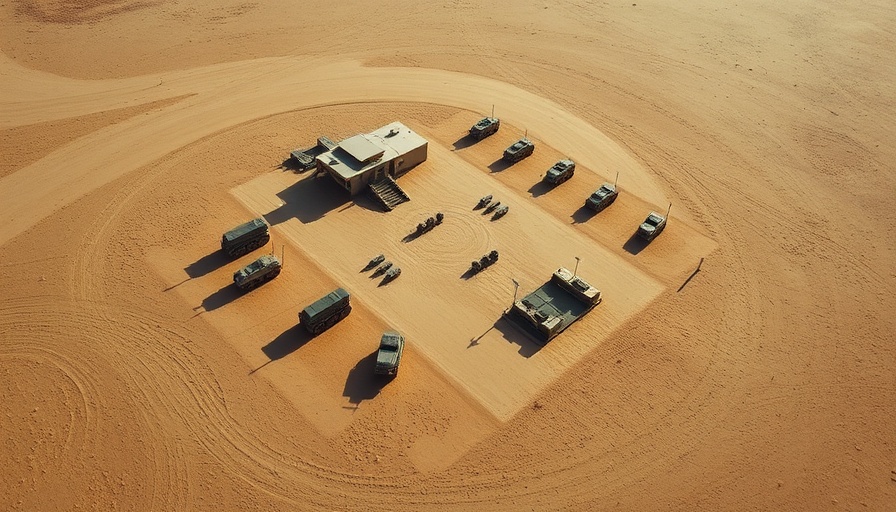
How AI Revolutionizes Candy Crush Gameplay
As players navigate through over 18,700 colorful levels in the beloved mobile game Candy Crush Saga, many might be surprised to discover that artificial intelligence (AI) plays a crucial role in enhancing their gaming experience. Developed by King, a Swedish gaming company, Candy Crush has harnessed AI not only to create new challenging levels but also to revamp existing ones, ensuring players stay engaged and motivated.
From Boredom to Excitement: AI’s Role in Game Development
Todd Green, the general manager of the Candy Crush franchise, emphasized that AI helps to relieve developers from monotonous tasks, allowing them to focus on crafting more intricate and enjoyable puzzles. “It would be extremely difficult for designers to update and reconfigure more than 18,000 levels without AI taking a first pass,” Green stated, underlining the tool's efficiency in leveling up the players’ gaming experience.
The Dual Nature of AI in Gaming
The use of AI in gaming is met with contrasting opinions within the industry. While many developers praise AI for streamlining game design and enriching gameplay, there are also concerns surrounding job security for game designers and performers. In the wake of these anxieties, members of the Screen Actors Guild-American Federation of Television and Radio Artists had gone on strike, advocating for clearer guidelines on how AI should be integrated into the gaming ecosystem.
AI as an Enhancer, Not a Replacement
Green clarified that King does not intend to replace game workers with AI. Instead, they view AI as a supportive technology aimed at optimizing tasks and improving accuracy in level design. “We’re not putting chatbots into the game... We’re trying to deploy AI on existing problems that we have in order to make the work of the teams faster or more accurate,” he explained, drawing a line between enhancement and replacement.
Impact on the Gaming Industry
Consumer spending in the video game sector has surged, reaching $51.3 billion in 2024, with mobile games accounting for nearly half of this figure. The popularity of mobile gaming has dramatically altered the landscape, positioning games like Candy Crush at the forefront of this transformation. Launched on Facebook in 2012, Candy Crush continues to evolve, demonstrating how ongoing updates and AI enhancements keep the game relevant among an avid player base.
The Future of Gaming and AI
As AI technology continues to advance, its application in gaming is likely set to deepen, potentially leading to more interactive experiences and innovative designs. The role of AI raises important questions not just about what’s possible, but about the ethical implications of its use in an industry that thrives on creativity.
 Add Row
Add Row  Add
Add 




Write A Comment